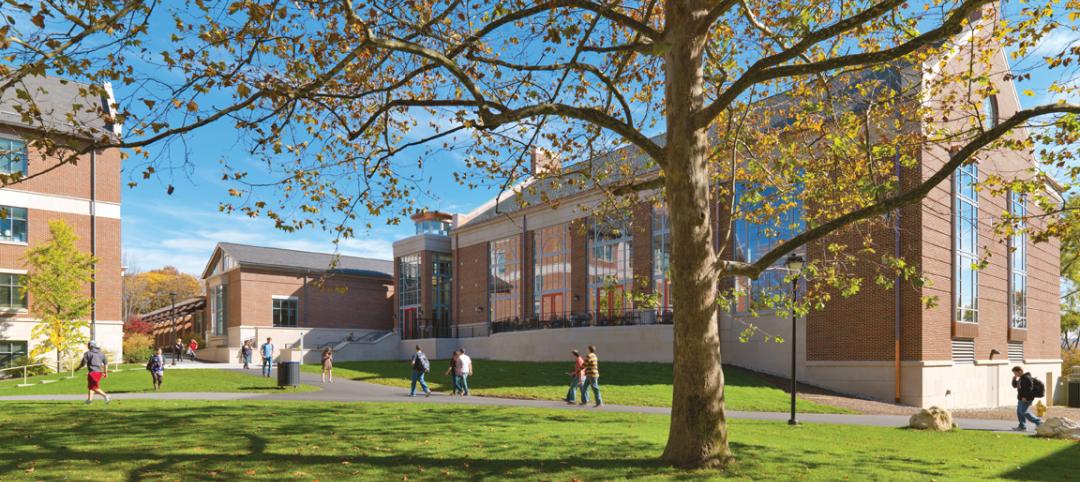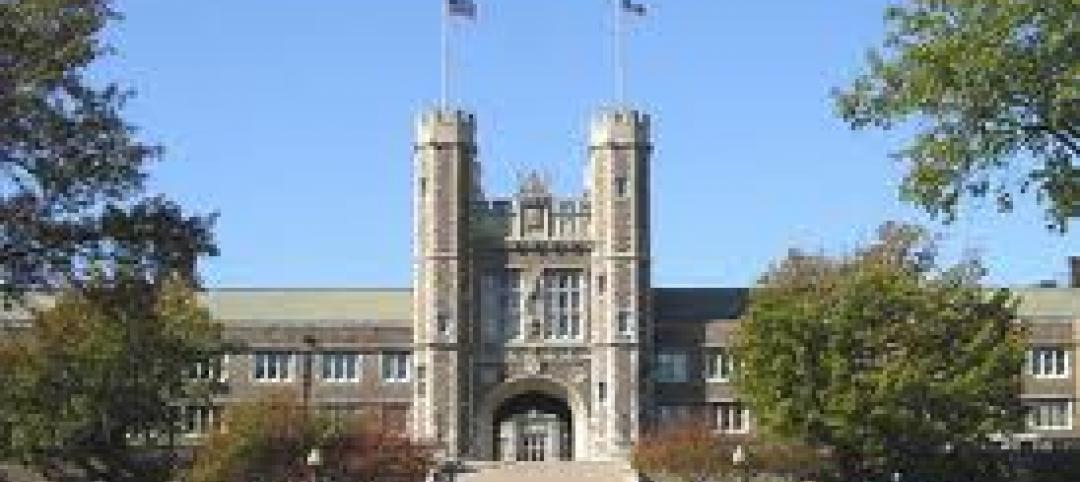Data from independent research, Effective Management of Safe & Secure Openings & Identities, released from Ingersoll Rand Security Technologies shows 82% of public, private and 2-year specialized colleges and universities believe they are not very effective at managing safe and secure openings or identities. Only 18% believe they are very effective at granting or denying access to appropriate individuals or knowing who goes where.
“We found there are very differing mentalities on how access control systems are designed and managed,” reports Beverly Vigue, vice president of education markets at Ingersoll Rand Security Technologies. “Facilities and Public Safety, the key stakeholders in 57% of colleges, are more traditional in their approach while IT, One Card and Housing departments are more customer-/student-oriented. The focus is evolving from the former to the latter.”
According to Vigue, if the IT, One Card or Housing departments are the key stakeholders, the solutions are more innovative. For instance, the One Card department considers convenience, customer service, improving customer experiences and including the students’ perceptions in the access control decision as primary concerns. IT’s major focus is measuring the return on investment to the higher education institution to improve options for upgrading.
In general, access control on campus is evolving from the traditional security/product-oriented focus of the Facilities and Public Safety departments to the broader definition of the IT, One Card and Housing departments. Differing mentalities typically do not occur on the same campus as colleges tend to be solely one or the other in their focus.
Respective of the way access control is viewed, the five leading concerns on college campuses are:
- Minimizing the occurrence of tailgating/piggy-backing
- Maximizing the likelihood the students can comply with the intended access design
- Maximizing real-time notification when problems occur
- Minimizing the time it takes to lockdown a campus.
- Maximizing the ability to locate building occupants in an emergency
The study was conducted among more than 140 colleges and universities, including leading institutions such as the University of Michigan, MIT, UCLA and Columbia. BD+C
Related Stories
| Apr 1, 2013
Half of building owners use 'smart' technologies, says survey
A survey of 291 building owners by IDC Energy Insights shows that 50% of owners use smart building technologies, such as HVAC controls, lighting controls, and analytics/data management.
| Dec 15, 2012
SAIC makes ready to lay off 700
SAIC, McLean, Va. (2011 construction revenues: $185,390,000), said it plans to cut its workforce by 700 employees in order to remain competitive in the federal market.
| Jun 1, 2012
New BD+C University Course on Insulated Metal Panels available
By completing this course, you earn 1.0 HSW/SD AIA Learning Units.
| May 31, 2012
2011 Reconstruction Award Profile: Seegers Student Union at Muhlenberg College
Seegers Student Union at Muhlenberg College has been reconstructed to serve as the core of social life on campus.
| May 29, 2012
Reconstruction Awards Entry Information
Download a PDF of the Entry Information at the bottom of this page.
| May 24, 2012
2012 Reconstruction Awards Entry Form
Download a PDF of the Entry Form at the bottom of this page.
| May 9, 2012
Construction Defect Symposium will examine strategies for reducing litigation costs
July event in Key West will target decision makers in the insurance and construction industries.
| Oct 17, 2011
Clery Act report reveals community colleges lacking integrated mass notification systems
“Detailed Analysis of U.S. College and University Annual Clery Act Reports” study now available.












